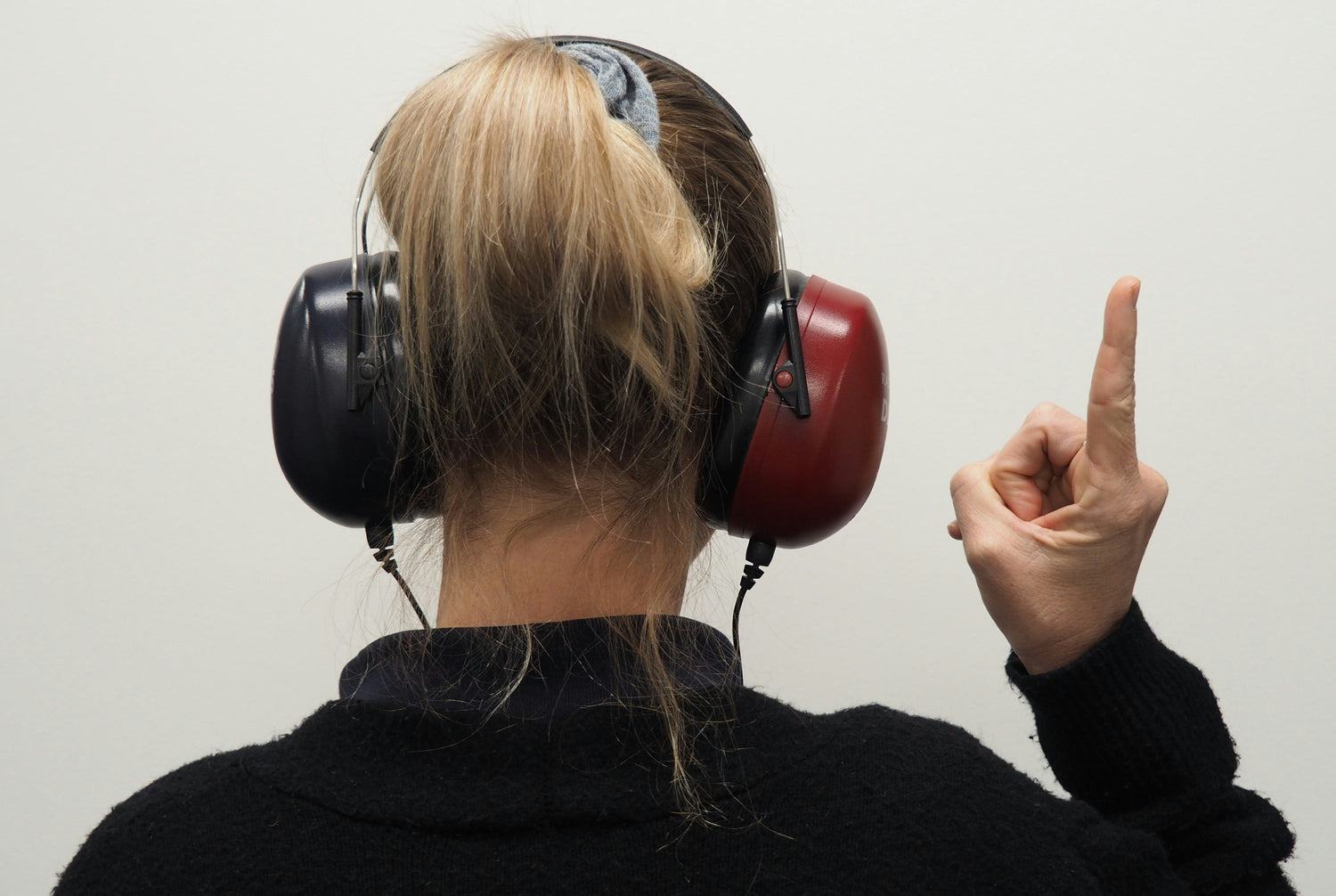Assistive listening devices (ALDs) can be incredibly helpful for individuals with hearing loss, even if they already have hearing aids. While hearing aids can improve hearing in many situations, there are still situations where hearing aids alone may not be enough to provide adequate hearing assistance. In these situations, assisted listening devices can be used to enhance the hearing aid's effectiveness and improve overall hearing.
When Do You Need Assistive Listening Device?
Research indicates that people who are hard of hearing require a volume (signal to noise ratio) increase of about 15 to 25 dB in order to achieve the same level of understanding as people with normal hearing. An ALD allows them to achieve this gain for themselves without making it too loud for everyone else. Some ALDs are made to work specifically with a specific brand of hearing aids, while others are standalone units and can be used even if you don't yet wear hearing aids.
ALDs help address listening challenges in three ways:
- minimizing background noise
- reducing the effect of distance between the sound source and the hard of hearing person
- overriding poor acoustics, such as echo
Listening Situations Where ALDs Prove Useful
People use assistive listening devices in places of entertainment, employment and education, as well as for home/personal use. Here are some situations when you may want to consider, even if you are already using hearing aids.
- Noisy Environment: One of the most common challenges for people with hearing loss is understanding speech in noisy environments, such as restaurants, parties, or crowded public places. Even with the best hearing aids, it can be difficult to distinguish speech from background noise in these situations. This is where assisted listening devices such as directional microphones or personal amplifiers can be very useful. These devices can help you focus on the speaker's voice and reduce distracting background noise, making it easier to hear and understand speech.
- Large Gatherings or Events: In large gatherings or events, such as weddings, conferences or performances, it can be difficult to hear and understand what is being said, even with hearing aids. In these situations, assistive listening devices such as FM systems, loop systems, or infrared systems can be very helpful. These devices transmit sound directly to your hearing aids, allowing you to hear and understand speech more clearly, even from a distance.
- Telephone Conversations: Hearing aids can also be less effective for telephone conversations, especially if you have difficulty understanding speech on the phone. In this case, you may want to consider an amplified telephone or a captioned telephone. An amplified telephone increases the volume of the caller's voice, while a captioned telephone displays captions of the conversation in real time, making it easier to understand what is being said.
- Watching TV or Movies: Another situation where hearing aids may not be sufficient is watching TV or movies. Even with the volume turned up, it can be difficult to understand dialogue if there is background music, sound effects, or if the actors speak softly. In this case, an assistive listening device such as a TV listening system or wireless headphones can be very helpful. These devices deliver sound directly to your ears, making it easier to understand dialogue and enjoy the program.
It's worth noting that using assistive listening devices doesn't mean you should stop wearing your hearing aids. Assistive listening devices are designed to enhance specific situations, while hearing aids provide overall hearing assistance. By combining hearing aids with assistive listening devices, you can ensure that you're receiving the best possible hearing assistance in every situation.




